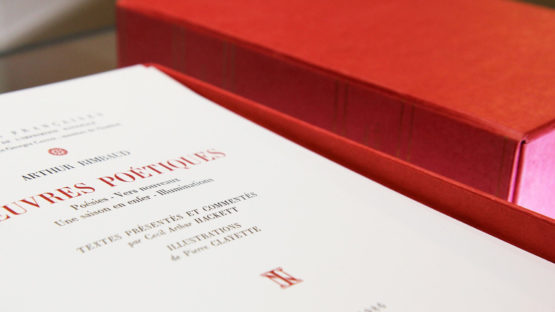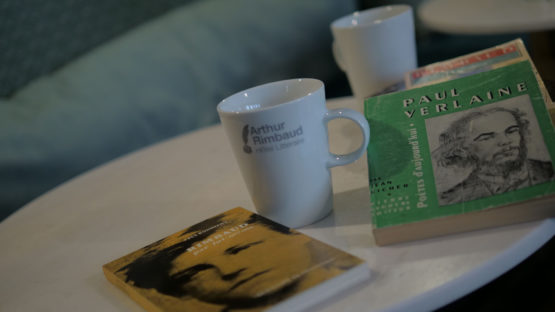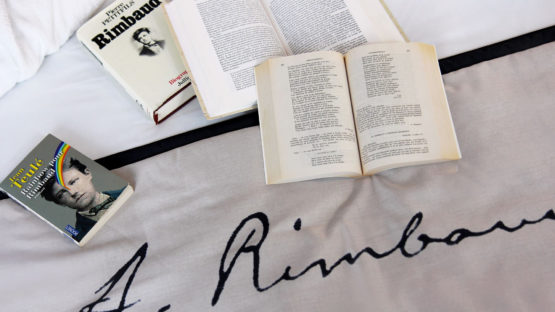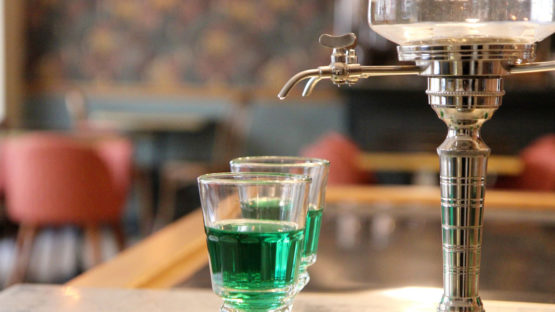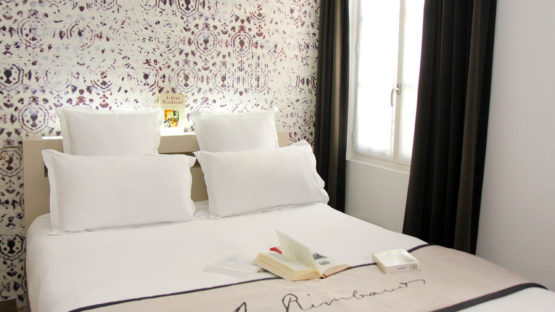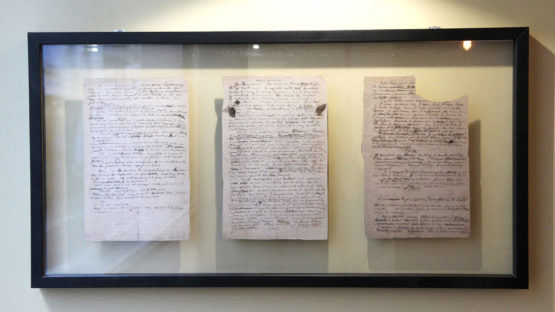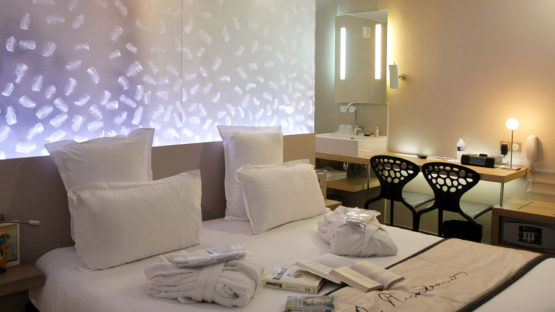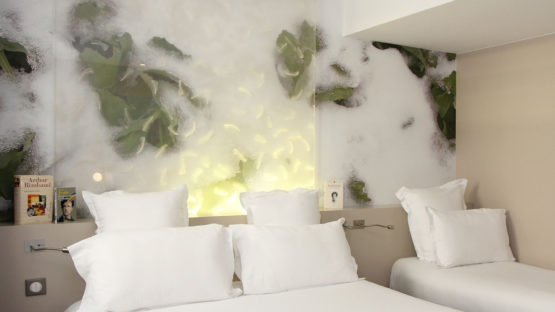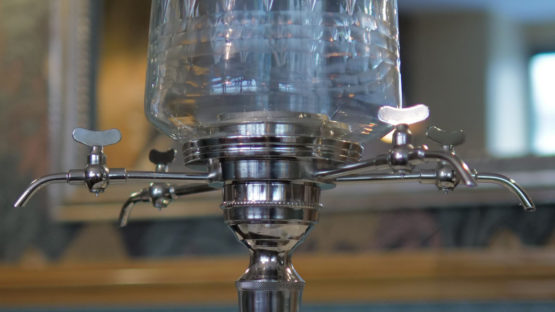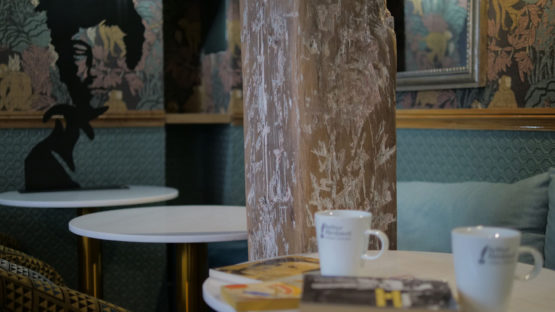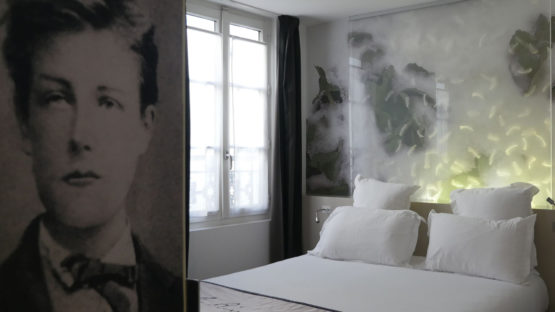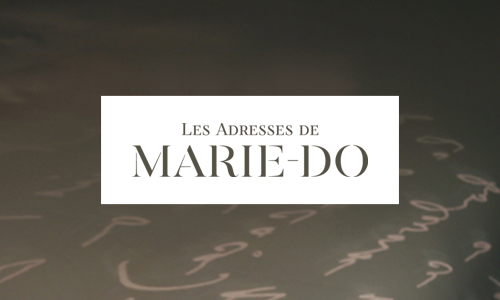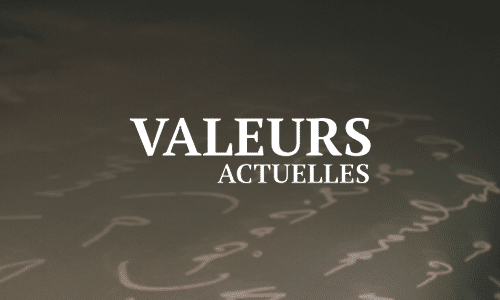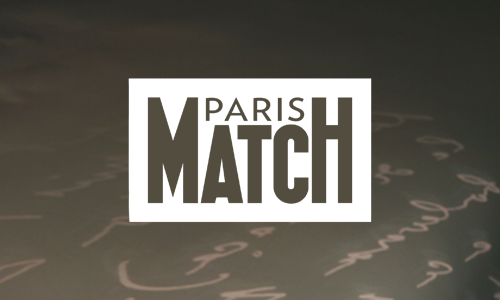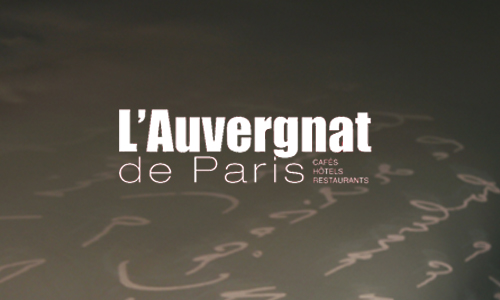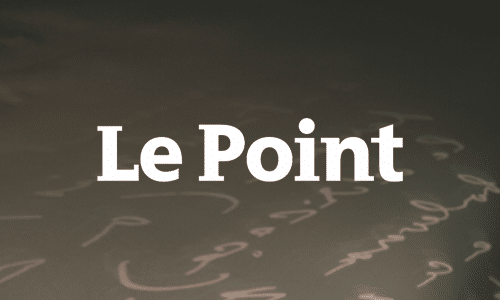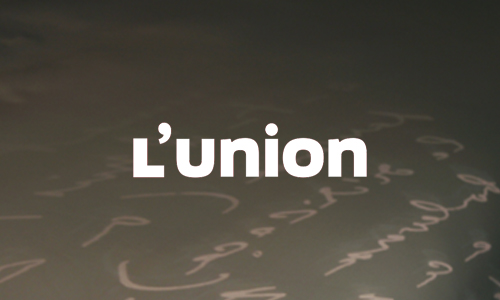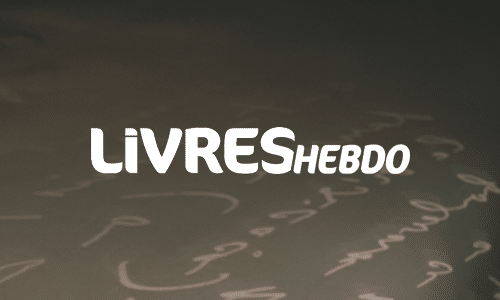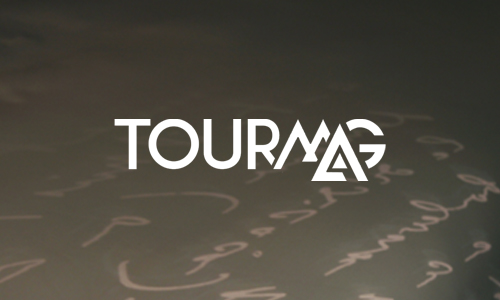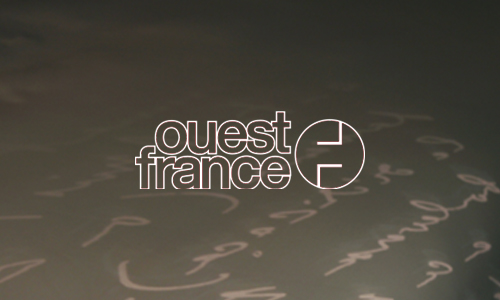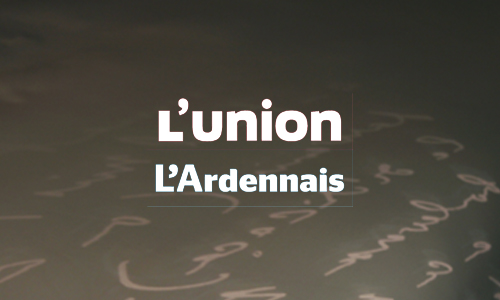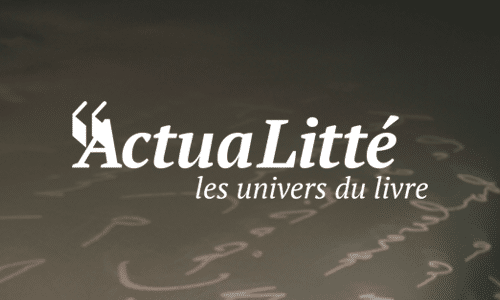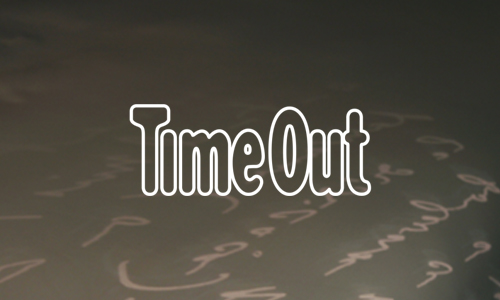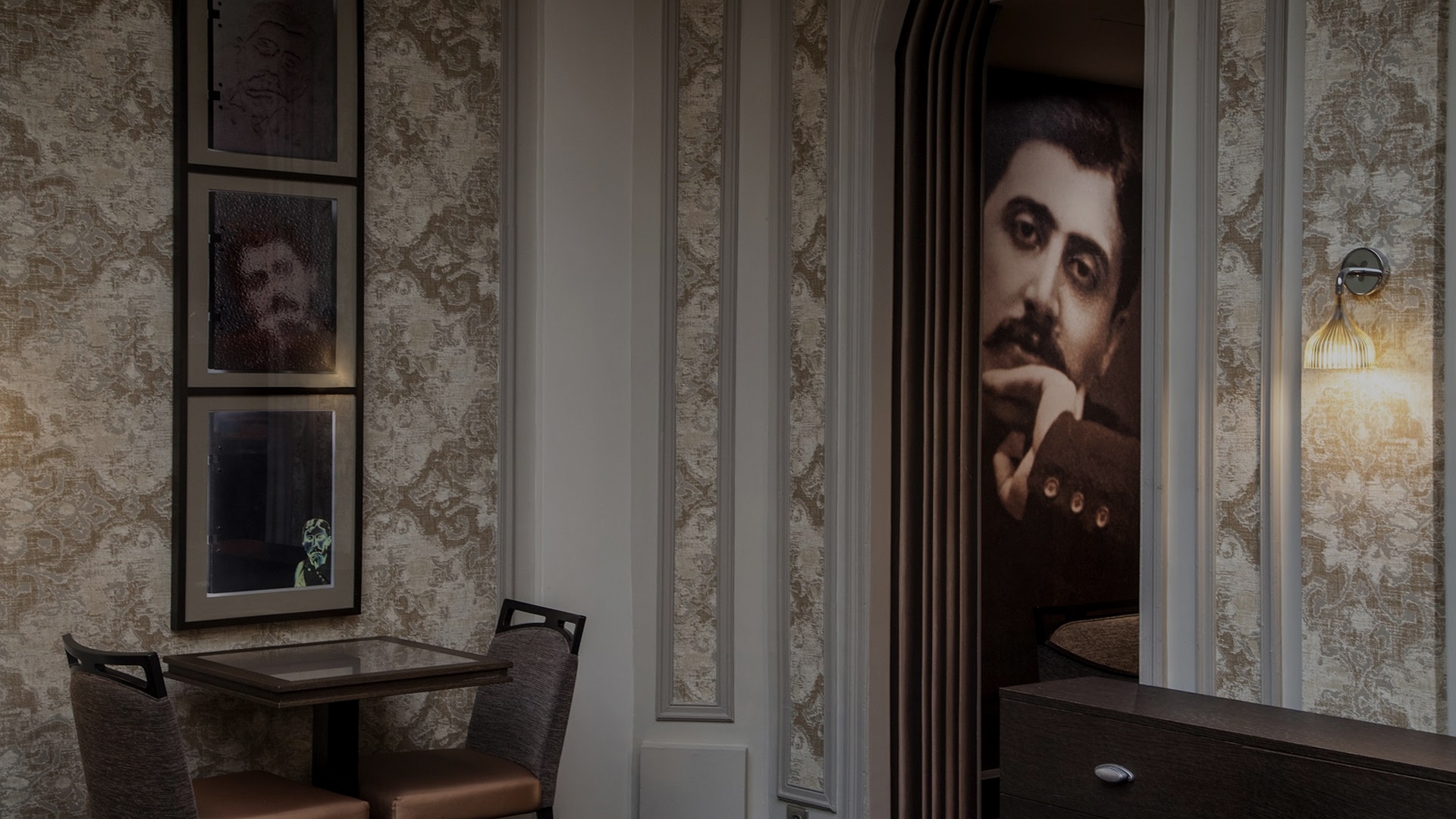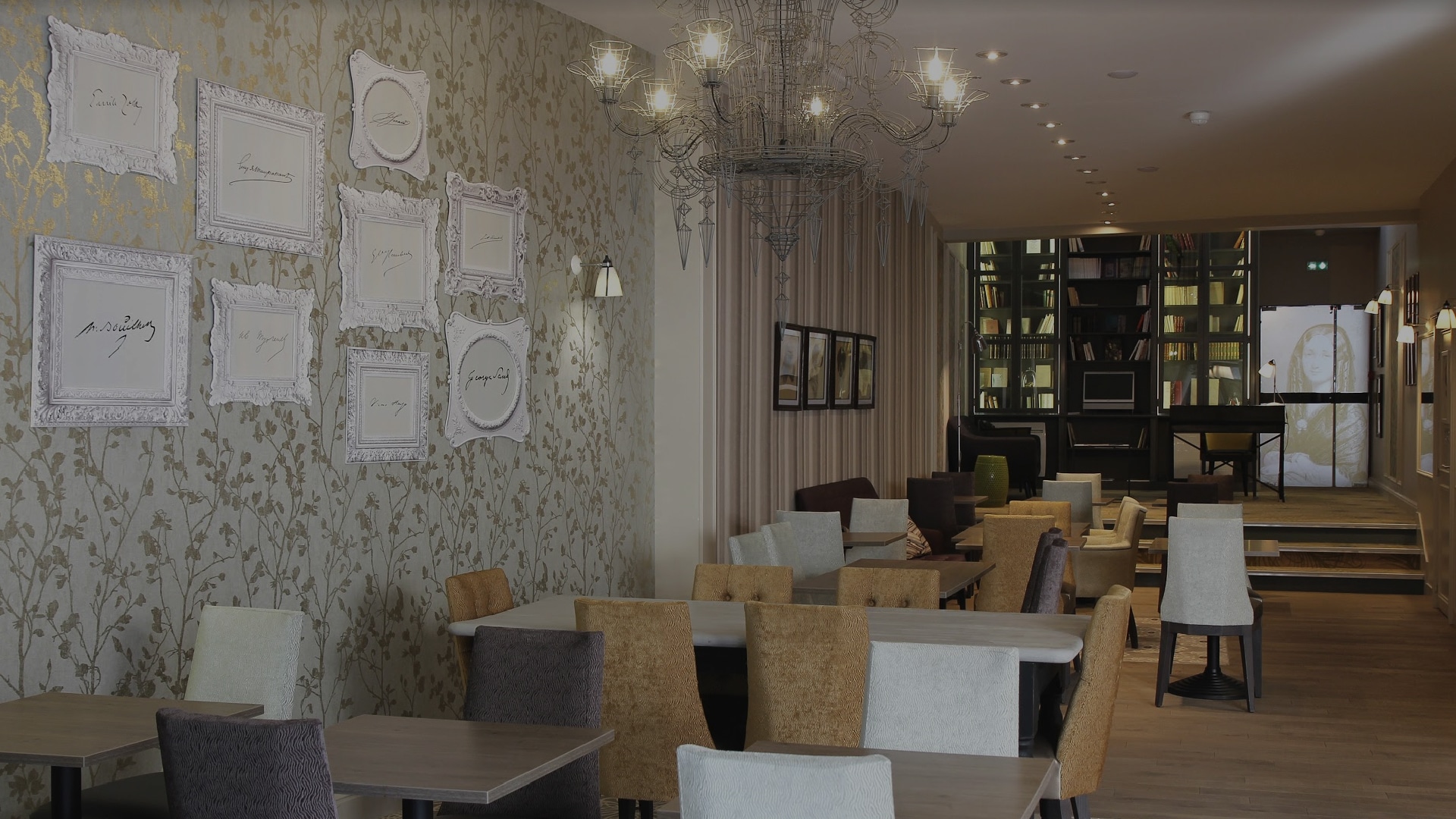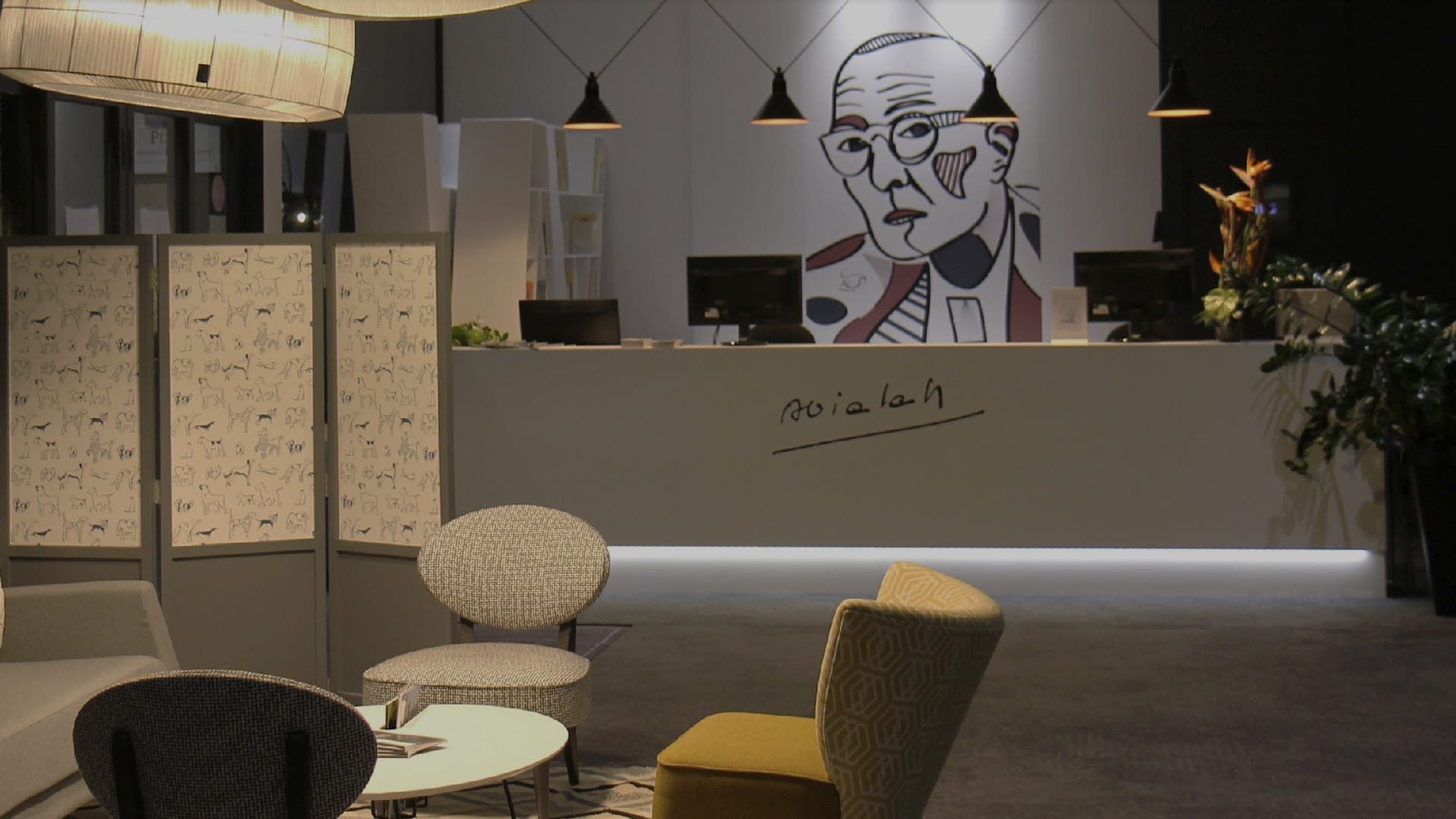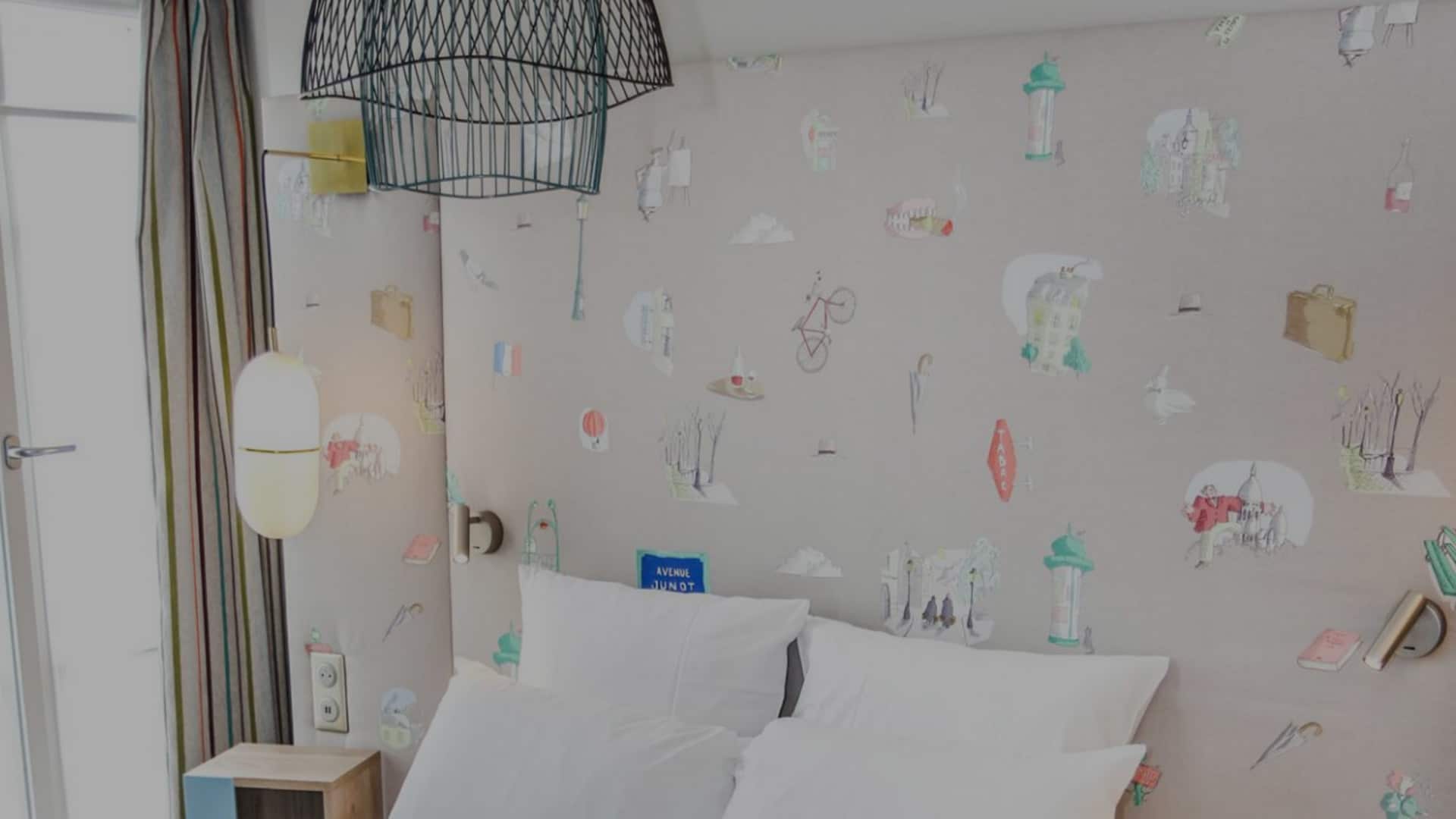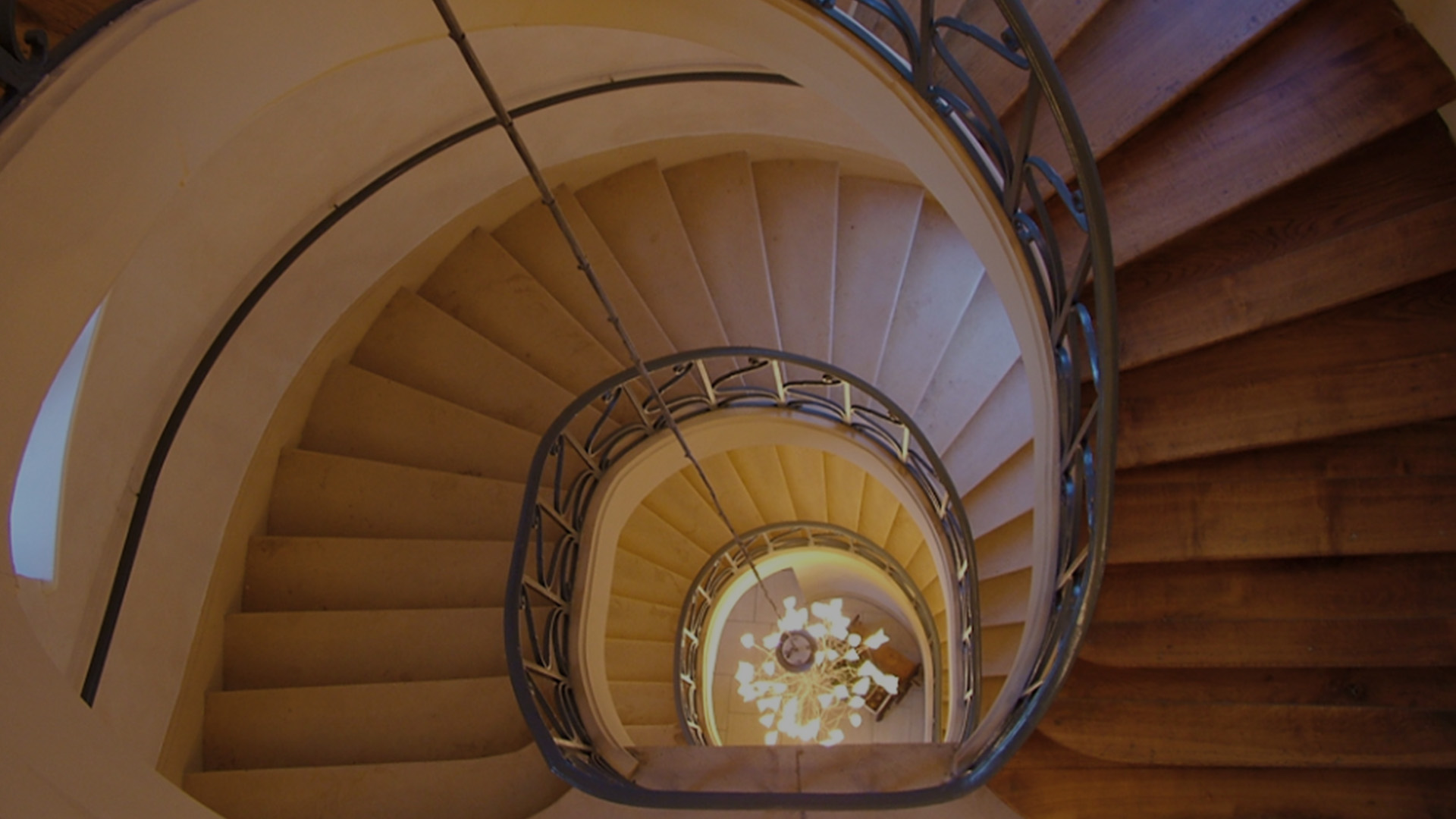The 3-floor hotel evokes the chapters of Une saison en enfer [A Season in Hell], like “Jadis si je me souviens bien… “ [Once if my memory serves me well…] and some texts from the collection of Illuminations, such as “Aube” and “Genie”. On the 4th floor, you reach the rooms of the poet’s entourage, from his sisters Vitalie and Isabelle to Georges Izambard or Paul Verlaine. The 5th floor takes you on Rimbaud travels, from Charleville to Aden via London, Brussels and Harar.
Each bedroom features an original watercolour by artist Jean Aubertin who reinterprets the poem or text chosen to give a contemporary and personal vision. All you have to do is enter the collection of Rimbaud’s works, prefaced by René Char, available on your bedside table and let yourself be guided by the words and sounds of the poet; you will then be almost certain of having found “the place and the formula”.
In the breakfast room, architect Aude Bruguière, who has worked on the other Hôtel Littéraire, proposes immersing yourself in the atmosphere of a period bar, with skilfully used mirrors and beams. The wallpaper decorated with monkeys evokes “the very naive subjects of the tapestry” and the atmosphere of a happiness found in pagan and primitive antiquity.
Inevitably, you can find there an absinthe fountain and all the utensils necessary for deserving the flattering title of “Academie d’Absomphe” (“Absinthe Academy”). Reproductions of the drawings of Ernest Delahaye – the childhood friend of Charleville – and Paul Verlaine, kindly made possible by the Jacques Doucet Literary Library, deliver a kind of early comic strip, chosen according to the theme of the drink – and there are many.
The highlight of the show is undoubtedly the Ernest Pignon-Ernest Rimbaud, survivor of its Street Art poster campaign of 1978 on the walls of Paris and Charleville. His silkscreen on newspaper has retained the ephemeral aspect desired by the artist, whose kindness is matched only by his immense talent.
Libraries present the private collection brought together by Jacques Letertre from all the original Rimbaudian editions, from Une saison en enfer (1873), the only book published by Rimbaud during his lifetime, to Illuminations (Mercure de France, 1898). Advance copies of Paul Verlaine’s works are mixed with the manuscript of Rimbaud’s poems recently published by Editions des Saints-Pères.
The binding of creation completes the whole, with the original edition of Rimbaud le fils by Pierre Michon, superbly bound by artist Nobuko Kiyomiya: “Black veal plates entirely covered with finely hammered decoration according to three orientations; title of the book in erupting brown-grey ochre italics on a piece of lilac box, lilac snakeskin back, Japanese paper liners and guards.”
The reception has a light, spring-like atmosphere, with wheat ear frescoes and floral carpets inspired by Van Gogh. A contemporary of Rimbaud and painter accursed like the poet, he died at the age of 37. It is said that they frequented several parts of London at the same time; and it is not impossible that they met.
You again find drawings from the collections of the Jacques Doucet Library; the portrait of Rimbaud by Paterne Berrichon is next to the portrait of Rimbaud with a shaven head by Ernest Delahaye entitled “La tête à machin” on the occasion of the funeral of his younger sister Vitalie in 1875, who simultaneously experienced his final ending of writing and his departure.
Returning to the 500-book library, which is multilingual and accessible in paperbacks for all visitors, you find yourself under a curious luminous painted ceiling with celestial and contemporary motifs; constellations can be seen from far away, which are rather Rimbaldian symbols when you get closer, but it is an interpretation of “Bateau ivre” according to the quotation nearby. Jean Aubertin offers a superb entry after his portrait of Rimbaud inspired by Carjat on the walls of the hotel.
You can only let yourself be carried away by the breath of poetry and the alchemy of verb:
“He has known us all and has loved us all. May we know, this winter night, from promontory to promontory, from the tumultuous pole to the country house, from the multitude to the beach, from looks to looks, strength and feelings wearied, how to hail him and see him, and to send him away, and beneath the tides and at the top of the deserts of snow, to follow his vision, his breath, his body, his light.”
“Génie” Illuminations.
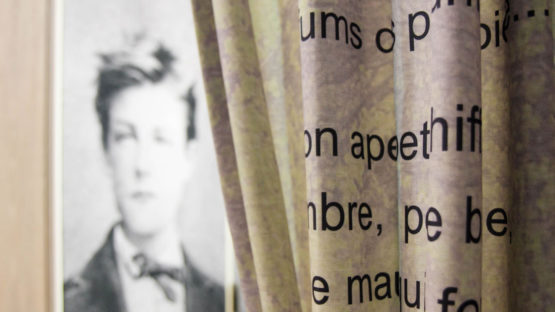
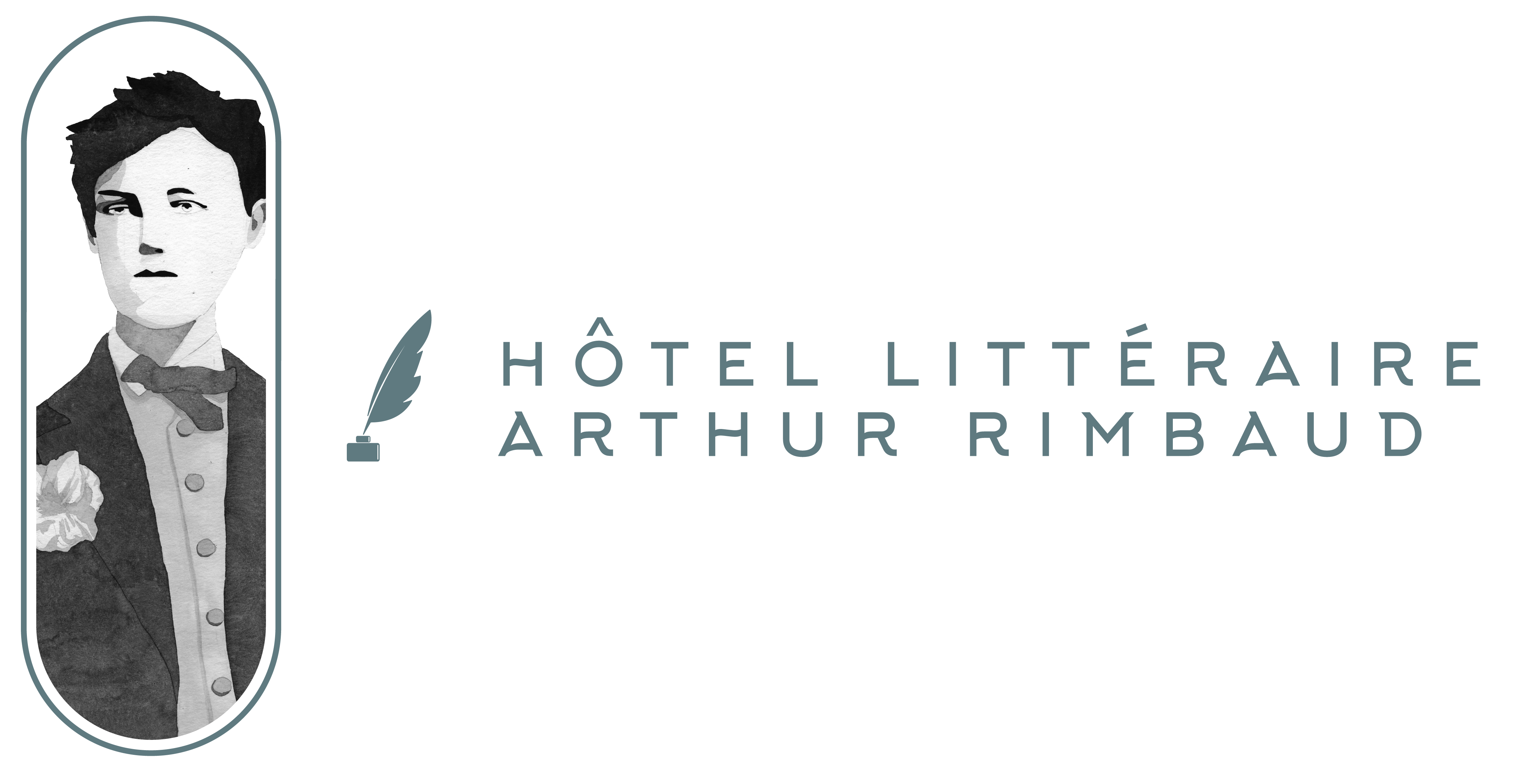 « Come, dear great soul, we call you, we await you », Paul Verlaine wrote to Arthur Rimbaud from Paris towards the end of the summer of 1871. Entering the Rimbaud hotel is discovering or rediscovering this brilliant poet who, despite his young age, shook the universe of poetry. Come and walk in the footsteps of Rimbaud and use your “soles of wind” in our beautiful capital. We await you …
« Come, dear great soul, we call you, we await you », Paul Verlaine wrote to Arthur Rimbaud from Paris towards the end of the summer of 1871. Entering the Rimbaud hotel is discovering or rediscovering this brilliant poet who, despite his young age, shook the universe of poetry. Come and walk in the footsteps of Rimbaud and use your “soles of wind” in our beautiful capital. We await you …








